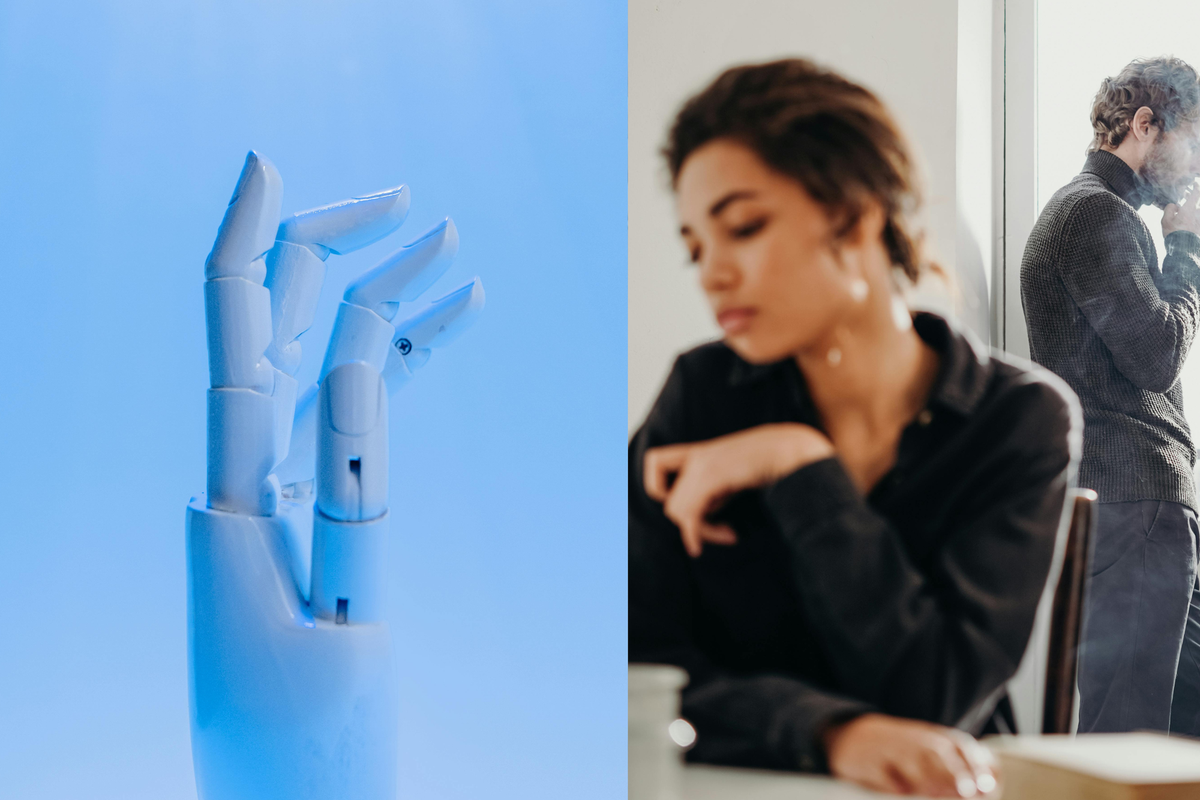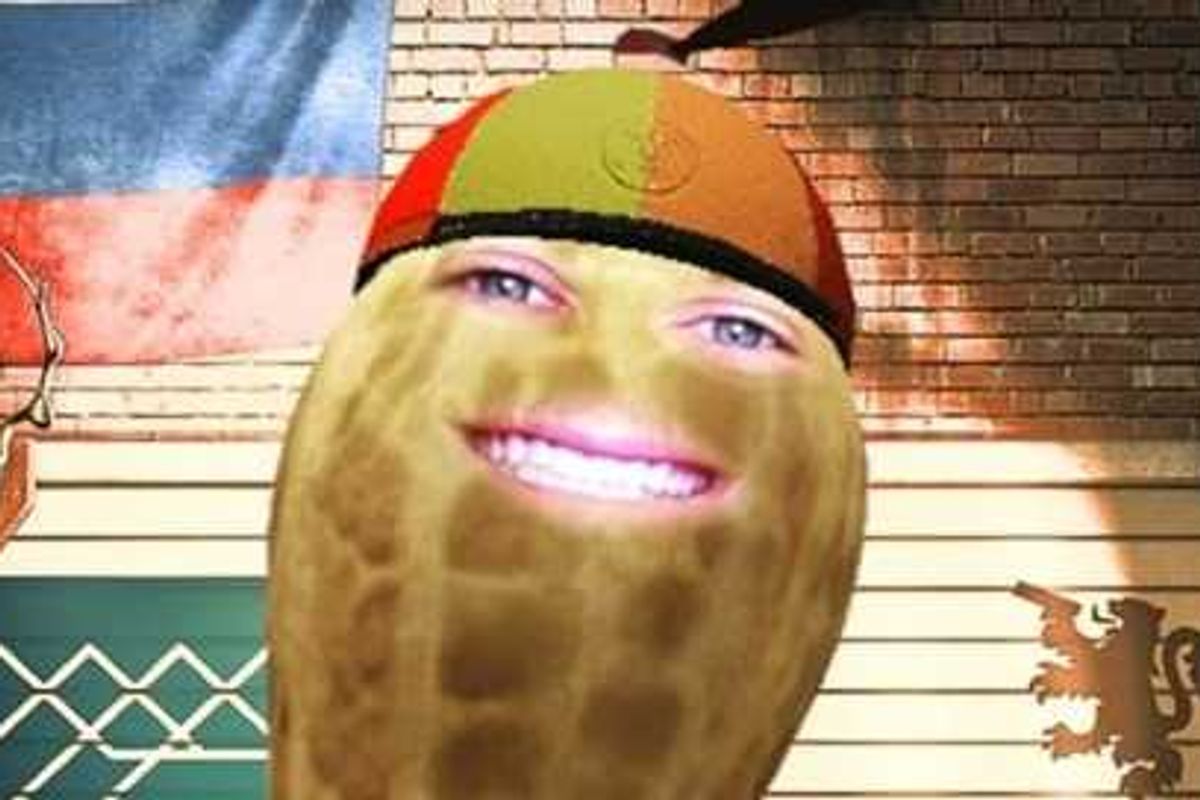News
Jake Hall
Jul 31, 2018
It’s fair to say that there’s an emoji for every occasion.
Whether you’re feeling sad, sassy or hopelessly infatuated, Unicode – the company responsible for creating and confirming new emojis – has worked hard to ensure there’s an emoji to suit your mood.
The last few years have also seen the conversation get political.
Gender-neutral options have been added to the standard emoji set, an discussions have arisen over the array of various skin tones.
A successful campaign launched by 15-year-old Rayouf Alhumedhi even led to the addition of a hijab emoji, a fact which seems to prove what we already know: representation matters.
Recently, the trans community has voiced similar desires for a trans flag emoji.
Especially as media-led transphobia continues to dominate discussions, the addition of the flag would indicate a form of recognition as well as a form of acceptance.
But what did Unicode introduce instead? A lobster emoji.
In response, activist Charlie Craggs – whose Nail Transphobia! Initiative sees her travel the country and foster communication over free manicures – has launched a campaign calling for the flag to be added.

In a statement, she writes:
Emojis are a way for the world to connect, and trans people shouldn’t be left out of the conversation.
Unicode granted the Lobster emoji proposal, which argued that people suffered ‘frustration and confusion’ at having to use a shrimp or crab emoji instead of a lobster. Imagine if that was your gender.
Surely we deserve the same rights you have afforded crustaceans?
Ironically, further research soon revealed that lobsters can actually be gyandromorphs – meaning that they can contain both male and female characteristics.
These deviations from ‘male’ and ‘female’ sex are pretty common amongst animals; clownfish can change their sex if the shift is ‘triggered’ (a fun fact that never made it into Finding Nemo!) whereas barnacles, slugs and worms can also have both male and female reproductive organs.
Male seahorses get pregnant, and snails have sex by rubbing their necks against each other to initiate simultaneous insemination – the animal kingdom is wild! And queer!
Playing on these facts, Craggs has reclaimed the lobster symbol as an act of protest, launching a new initiative: #ClawsOutForTrans.

The aim is to get people to hashtag the symbol as much as possible, as well as to sign a petition which has already accrued hundreds of signatures.
A campaign video and photoshoot have also been created in order to send a clear message: trans people deserve their own emoji.
Sign the petition here.
More: Video captures moment trans woman wrestled with gunman in Detroit attack
Top 100
The Conversation (0)














